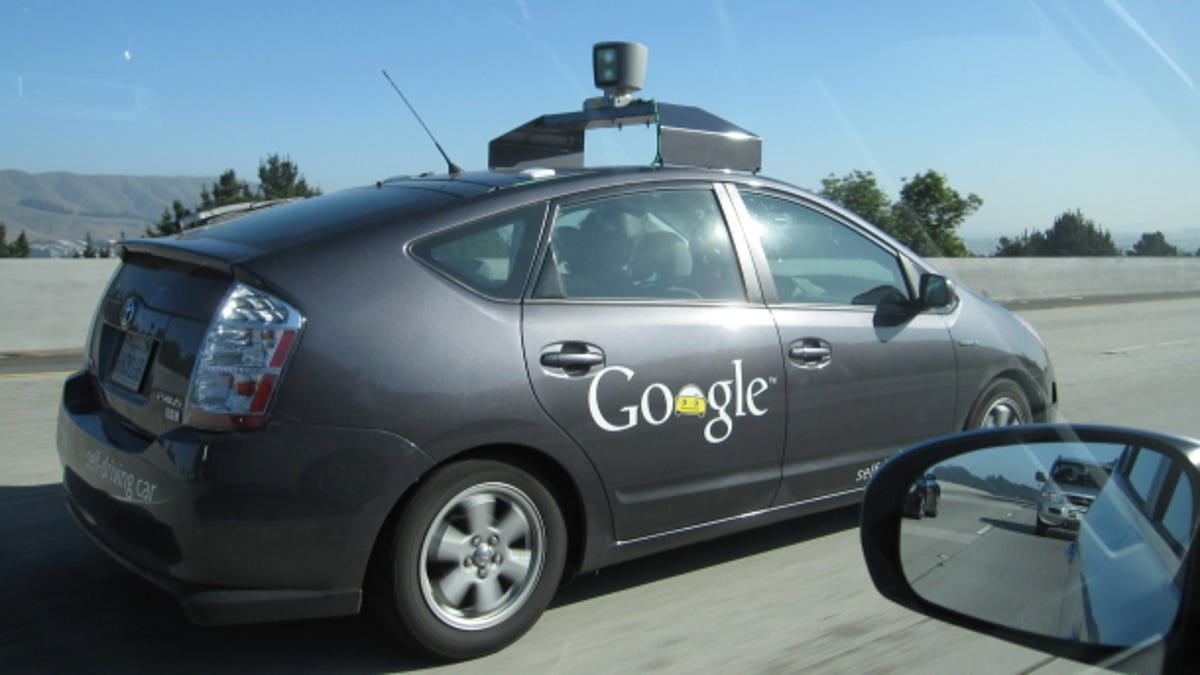FBI: Driverless cars could become 'lethal weapons'
In a report, the agency sees the vehicles as opening up new possibilities for law enforcement, but also for criminals.

Driverless cars may one day be able to save lives by cutting down on accidents. But the technology also has the potential to be used to create deadly weapons.
At least, those are some of the findings in an FBI report obtained by The Guardian via a public-records request. The report, created by the Strategic Issues Group within the FBI's Directorate of Intelligence, says the technology "will also open up greater possibilities for dual-use applications and ways for a car to be more of a potential lethal weapon than it is today."
Further, the report says "bad actors will be able to conduct tasks that require use of both hands or taking one's eyes off the road which would be impossible today."
The Guardian's story, published Wednesday, imagines nightmare scenarios such as tailed suspects being better able to shoot at police, and terrorists potentially packing explosives into a self-driving car aimed at a specific destination.
Google has been running prototypes of driverless cars, and several automakers have been testing them as well. As the technology continues to advance, safety and legal issues have naturally been raised. With no person in control of the car, who's responsible in the event of an accident or other disaster? And human beings invariably find a way to misuse a technology for the worse, so the FBI's own concerns shouldn't be discounted.
But the FBI's report does see an upside to driverless cars. The agency expects the technology to reduce the number of collisions and other accidents involving emergency personnel who may be speeding to reach people in need of urgent care.
"The risk [of] distraction or poor judgement leading to collision that stems from manual operation would be substantially reduced," the report says.
Law enforcement may also more easily be able to track suspects surreptitiously.
"Algorithms can control the distance that the patrol car is behind the target to avoid detection or intentionally have a patrol car make opposite turns at intersections, yet successfully meet up at later points with the target," the report adds.
How long does the FBI expect it to take for driverless cars to be OKed for use in this country? The agency says that could happen within the next five to seven years.

